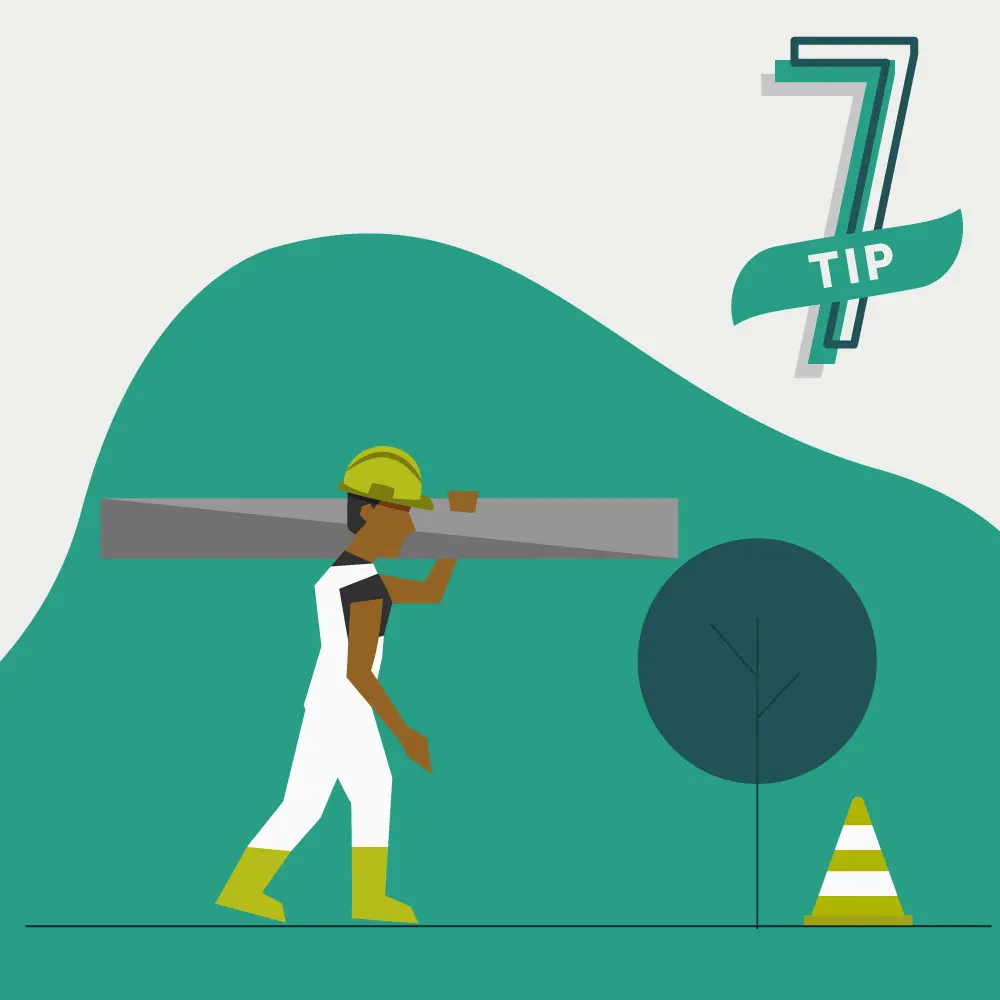21 tips for building resilience 7 - Coping with stress and anxiety
02 April 2020
Managing Stress and Anxiety During Remote Work: Tips for Coping with Uncertainty, Building Resilience, and Seeking Support.
During an online meeting yesterday, my colleague asked me whether the current work-from-home-practice is also causing stress and anxiety in me. The sudden change to a home office took her away from valuable daily interactions with everyone at the office. Figuring out how all the technology works for someone that is a bit technologically challenged, adds further stress. And on top of this, she is extremely worried about her child that works abroad as a medical practitioner in the fight against the pandemic. Working from home and figuring out the technology, are not issues for me since I have been doing that for the last year already. And I don’t have family working in health care. But, I have an eighty-year-old mother that lives on her own; a child who is in grade 12 and missing out on valuable in-class time, and I am working in a company whose success is greatly linked to the economy of the country.
Covid-19 has indeed added a lot of changes, challenges and uncertainties to everyone’s lives. The literature, and our own experience, tell us that too much uncertainty often leads to anxiety, which may escalate into unhealthy stress and emotional exhaustion. Although it is normal to experience feelings of anxiety at times, it may become a problem when it is excessive and prevents us from coping with everyday tasks and enjoying life. People who already struggle with anxiety and related disorders are especially likely to have a hard time right now.
Stress and anxiety, when left unchecked, can destroy your career, health, and relationships – exactly those things that can help us get through tough times. So, how can we prevent these harmful outcomes?
As a first step, be attuned to your body and your emotions. If you experience signs and symptoms, such as irritability, irrational anger, sleeplessness, and lack of motivation, and if the people close to you tell you that you are showing these symptoms, acknowledge the fact that you are stressed.
If you feel overwhelmed, delegate some of your tasks and trust that the tasks will be completed successfully. Furthermore, trusting relationships are an excellent resource for coping effectively with stress and anxiety. Have courage - be open and honest about how you feel and what you think. Create a support system through friends and family, even online - and use it.
On a very basic level, make sure that you get enough good sleep, exercise regularly, practice mindfulness, eat healthily and spend time outside – even if it is on a small balcony.
Research has shown that we often overestimate the impact of negative events on our lives and underestimate how well we cope with adjusting to difficult situations. We are more resilient than we think. If, however, you feel overwhelmed and struggle to cope on your own or with the support of people close to you, please seek professional help.
Newsletter
Get up-to-date industry news right in your inbox


